At SPR, we see a lot of books come our way, and we see some of the same mistakes being repeated over and over again. This is not just the case for a novice author, but for authors who have 10+ books out. Obviously, new authors should take heed most of all, so follow this book promotion checklist to make sure you’re doing everything you can – potentially for no cost at all.
Sign Up for Amazon Author Central
This is one that seemingly a lot of authors haven’t heard of because too often it’s not used. Amazon’s Author Central allows you to edit your book details, add author bio information, post author updates, check sales stats, and more. Your author page will then look like this:
Otherwise, the listing for your author name will just be a list of books like any other search, which will mix your books in with authors with the same or similar name.
Become a Goodreads Author and Fill Out Your Profile

- Sign in or create an account, and then search for your most popular book via ISBN, ASIN, or title.
- On the book, click on your author name. Scroll to the bottom of your author profile page.
- Click “Is this you? Let us know!” to complete and submit the application.
By becoming a Goodreads Author, you can add your website, Twitter profile, author image, connect your blog, and other tools – all for free, and taking about 15 minutes.
Worse, sometimes you’ll find that an author doesn’t have a Goodreads page for their book at all. You can create a Goodreads page for your book at any time during the process, even before you have a cover. If you have a book on pre-order, don’t wait for the book to be released to create your Goodreads page.
Use HTML Formatting in Your Book Blurb
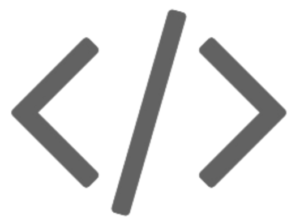
Too often, you will see blurbs on Amazon with no paragraph breaks – just one long paragraph of 300 words. This is unreadable in any context. Use short paragraphs with no more than 3 sentences, with bolding and italics to make content stand out, such as the tagline (“Just when you thought it was safe to go back in the water”), award wins, or bulleted lists for non-fiction.
Click here for more tips: How to Write a Book Blurb.
Match Your Amazon Keywords with Your Categories
Authors might think that adding an obscure keyword will help with search results – even if the keyword is appropriate for the book – but for keywords to have the most impact in Amazon, they need to be part of Amazon’s keyword database. This is how books can rank for categories beyond the ones you select in KDP. Each category has keywords that must be included in order for the book to rank in that category, thereby helping the book’s rank far more than a keyword that may never be put in Amazon’s search engine.
See here to get started: How to Choose Kindle Keywords.
Create a Website
It’s always strange when searching for an author and book and only finding Amazon or Goodreads pages. It’s incredibly easy to create an author site, and even free if you use wordpress.com (not entirely recommended, as authors should have their own domain, i.e. www.authorname.com), or Booklaunch.io.
By “Author Website” we mean “Blog” first and foremost, because this is how your site is going to get traffic. A static site is useful to have info about your books and bio, but if you want to generate traffic, you will need to blog regularly, so each post ends up in Google searches. With a blog, you can conduct interviews of fellow authors, review books, and create other content that can increase your reach. A static site with just your book cover isn’t going to have much transaction unless your book is already successful, so new content is key.
Note: when you link to your book on Amazon, link to the actual book page. Don’t just say, “Available on Amazon.com” and expect people to then search for your book. Believe it or not, this issue crops up quite a lot.
WordPress makes it easy with a number of pre-made templates for authors. See here: Best WordPress Themes for Writers and Publishers.
Use Social Media Wisely
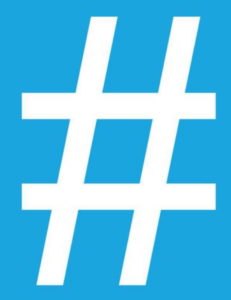
Here’s our list of hashtags for indie authors: Best Twitter Hashtags for Book Promotion.
Images are also crucial. Social media sites are often changing their image dimensions, so you should keep apprised of changes. One frequent issue: if you have a post with a featured image with small dimensions, Twitter will blow this up to its set dimensions, making the image blurred and pixelated.
A secret weapon for social media is Buffer to schedule posts. Interaction is key to social media, but so is sharing your work (without oversharing).
Run a Free Newsletter Promotion
Everyone waits around for acceptance by BookBub (or you could use our newsletter promotion service with guaranteed placement), but there are plenty of free newsletter promotion sites available. If you ever do run a paid promotion, you should run it in conjunction with these free services, which have been shown to be effective, so don’t let the price fool you. Keep in mind that just like paid services, these services favor books with a good cover and certain number of reviews.
Here’s our list: Best Free Book Marketing Sites.
Cross-Promote All of Your Books
It’s standard in print books to include a list of the author’s books. The value of ebooks is the ability to include links – but these should be included at the end, when your reader has just finished the book and (hopefully) looking for more.
This works especially well for a series, which also offers the opportunity to include an excerpt of the next book in the series. If you end one book with a cliffhanger, make sure your excerpt includes another one, and don’t just answer all the lingering questions from the previous installment, as if the first chapter of the next book acts as an epilogue.
Here’s Amazon’s primer on creating Series Bundles to link series books together.
If you have no other books, link to your author website, social media accounts, and link to newsletter sign-up form. Finally, ask for a review with a link back to the store. One of the values of uploading to stores individually is being able to add a link to the specific store, rather than having a one-book-fits-all that can’t link to stores individually.
Create Swag
Zazzle is one of the more popular sites that is like the self-publishing of coffee mugs (or book marks, or belt buckles…) where you can add an image to virtually any product, which are printed only when they’re ordered. These products are great for adding your book cover, but again, if you’re an unknown author, there probably isn’t a great market for your book cover on an apron. However, you can create other author-related products, which will have wider appeal, and then add a link to your website, or just mix in your specific book-related products with more general ones to get your book some extra attention. You can even make some money in the process.
Use a Newsletter Wisely
Running an author newsletter isn’t just about getting as many subscribers as you can – it’s about retaining those subscribers, limited unsubscribes, and getting a good click-through rate on every newsletter.
Just as your social media accounts shouldn’t just be sell, sell, sell all the time, neither should a newsletter. Or, to put it another way, your goal is sell yourself as an author, not just a particular book. This means writing content beyond just “I have a new book out.” Other things to include: interesting stories from your life, popular blog posts (see “Learn How to Read Analytics” below for more), unrelated amusing things like viral videos, giveaways, inspirational advice, and more.
Unless you’ve got an avid and huge following, you need to do more to entice readers than just announcing a release. Certainly, you can send out a newsletter only when you have a new release out – that is, infrequently – but the point of a newsletter is turn readers into fans, and with a newsletter you’ve got a captive audience who are already open to your writing.
Boost a Post on Facebook

Of course, this relies on having a decent post to boost, so as with all blogging, try to write something of general interest, as well as trying to plug your book at the same time. You can try writing a direct sales pitch as well. The value of Facebook ads is access to analytics so you can see what’s working and what isn’t, and at $5 a boost, there’s no real harm in trying.
Write Guest Posts
Chances are that your blog does not get a lot of traffic on its own. A new blog by an unknown author can expect 10 hits a day without very aggressive social media marketing and ad buys. Guest posts are underused as a promotional tool. Certainly, you can find a lot of guest posts about industry topics (“How to sell books” etc.) but less so about the craft of writing and other topics related to an author’s book or genre. A spot on a well-trafficked and well-regarded site can do well more than months of posts on a blog with little traffic.
Here’s our list: 15 Places for Authors to Write a Guest Post.
Reach Out to Fellow Authors
They’re not competitors, they’re compadres. See our post here – How Authors Can Help Other Authors – about how authors can work together. This can be a way to have guest posts on someone else’s site, have another author’s post on your own, conduct an interview together about your genre – whatever it is, you double your marketing efforts by combining your own social reach with another author’s.
Post Book Excerpts

See above for Guest Posts and below for Book Tours for more ways to post excerpts. You should also post excerpts on your own site – making sure the excerpts are self-contained and concise, reading more like a short story than a chapter. On Wattpad, however, the excerpt can be as much as the first several chapters, or even the whole thing if you’re looking to attract readers to a series.
Run a Book Tour
If the above seems daunting, you can hire a book tour company to do the work for you. Book tours cover a lot of the issues mentioned here, and are really one of the easiest, hands-off ways to promote a book. A book tour promoter will schedule stops on other book blogs, where you may be asked to answer interview questions, post a book excerpt, write a post from a character’s point of view, and more – basically, the stuff you should be doing on your own blog, but posted on blogs with a new reader base. Book tours can also lead to reviews on Amazon and Goodreads, as book tour hosts are usually incredibly enthusiastic about who they’re hosting.
Here’s our List: 27 Places to Get a Book Tour (and the Top Ten).
Run Giveaways

Then offer the incentive – follow your social media accounts, sign up for your newsletter, share your book, pre-order the book, to win the swag. You’ll need to have a sign-up form to track people who have entered – asking for some proof that they’ve shared/purchased your book – or use a service like Rafflecopter. Book tour companies help organize giveaways as well.
Keep Your Book Reasonably Priced
We see this far too often: a debut author with a $9.99 ebook. It’s understandable if authors think their book is worth that much, especially if it took years to write, but you may have to ask yourself – what’s better, selling 10 books at $.99 or 1 book at $9.99?
This is especially true for new authors who have no track record, and no built-in audience – yet these are the authors who are often charging print prices for an ebook. Don’t do this. By all means, it’s a good idea to charge $5.99, so when you have a discount available for a newsletter promotion, it will look like a sizable discount from $5.99 to $.99, but anything about $5.99 is not really tenable for an indie. That is, until your book starts selling.
Learn How to Read Analytics
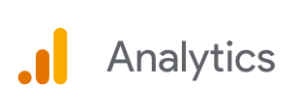
Facebook, Google, Twitter, and other platforms all provide analytics. Twitter, for example, provides info per tweet and the times of day when your tweets get the most views – vital if you’re scheduling tweets, outlined in “Use Social Media Wisely” above.
Google Analytics – or another type of web analytics software – can tell you which posts are getting the most traction, what keywords are being plugged into Google and ending up at your site, and more. A platform like WordPress makes it very easy to add analytics to your site. Be sure to add your site to Google Search Console for additional info about your site’s performance – which can tell you what to concentrate your posts on based on the past performance of what you’ve written.
Identify Your Target Market
Though it’s not the greatest idea to write to a market, as that can often come off as false and forced – you should write the book you want to read most of all, you should definitely market to a target audience. This can help with creating blog posts and drafting your social media campaign in order to reach your ideal readers. Here are key elements to identify who your readers are. Once you know their habits, you’ll know how to reach them beyond your own book:
- What are their favorite books, movies, and TV shows (helpful in writing blog posts – such as reviewing key movies, or planning a giveaway)
- Who are they demographically – age, gender, level of education
- What are their hobbies besides reading (tougher to determine, but you can guess that science fiction fans are also gamers, for one)
- What are popular online destinations – try as you might to get a guest post or review
- Where else do they hang out online – checkout Reddit groups and other forums
Spend Your Money Wisely
For seasoned self-publishers, some of this info may seem old hat, but in our experience working with hundreds of authors, what’s second nature to one author may be unknown to another. The best part about the above tips is that they’re relatively inexpensive – many even free. They’re not even particularly time consuming, so there’s no reason to not add the majority of these to your overall book marketing strategy.
Get an Editorial Review | Get Amazon Sales & Reviews | Get Edited | Get Beta Readers | Enter the SPR Book Awards | Other Marketing Services


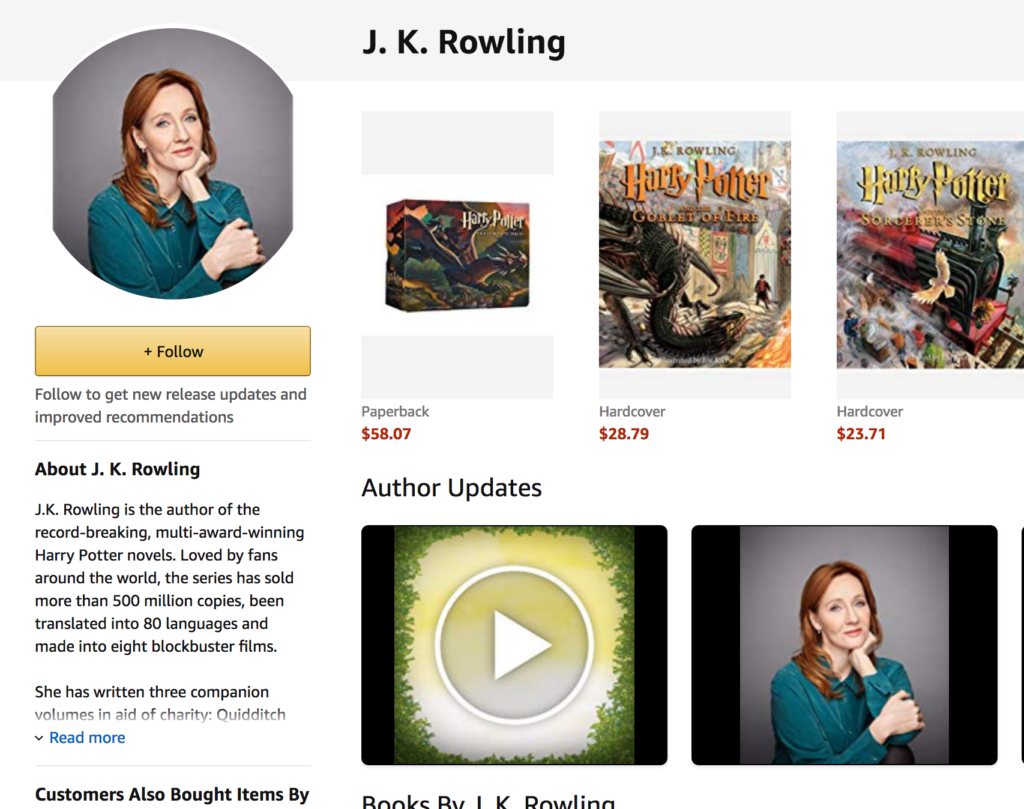
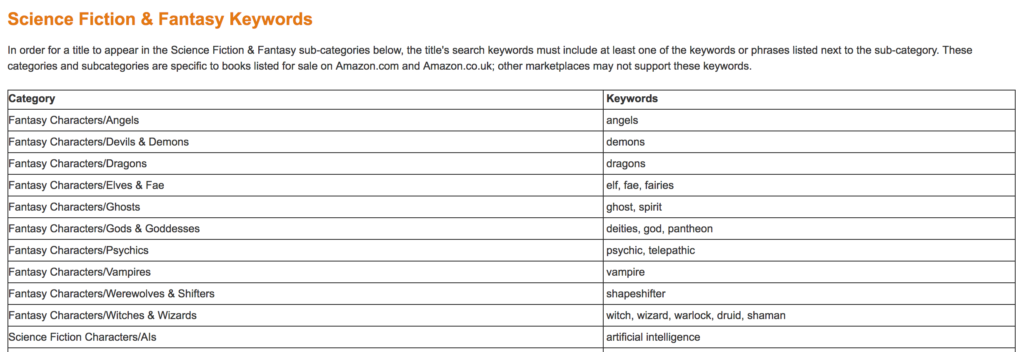





















“Identify your target market”, or in other words, your ideal reader, could actually move way up to the top of this list, since it’s so helpful in informing lots of other decisions.
For my first book, I gained quite a bit of traction from reaching out to book bloggers for reviews (they were mostly very gracious). It didn’t hurt that I reached the quarter final in an Amazon novel-writing contest, too.
And I absolutely agree, authors should have websites. I think it’s fine to keep a site simple at first, if you need to, since it still serves as your “homebase” online and can grow when you’re ready. Baby steps are good!